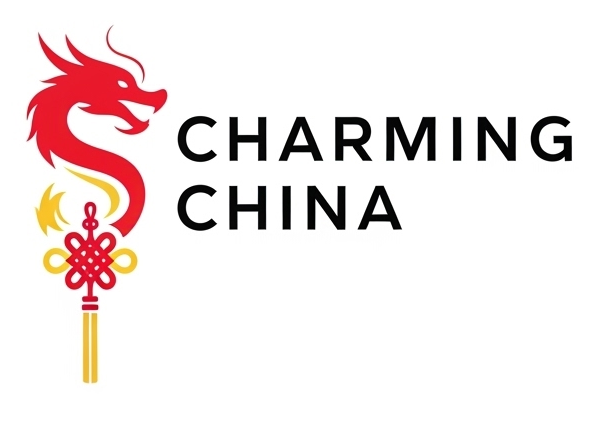TCM & Chronic Disease
Traditional Chinese Medicine (TCM) approaches chronic disease not as a fixed condition, but as a dynamic imbalance that unfolds over time. Rather than suppressing symptoms, TCM seeks to understand the root causes—whether they stem from lifestyle, emotional patterns, organ dysfunction, or environmental influences. Healing is gradual, layered, and deeply personal. In TCM, chronic illness is not a sentence—it’s a signal to realign.
Understanding Chronic Imbalance
Chronic diseases often reflect long-term disruptions in Qi, Blood, Yin, or Yang. These imbalances may begin subtly—fatigue, poor digestion, sleep issues—and evolve into more complex conditions. TCM views these patterns as interconnected, often involving multiple organ systems and emotional factors.
By identifying the underlying pattern, practitioners can guide the body back toward equilibrium.
Common Patterns in Chronic Conditions
TCM doesn’t diagnose by disease name, but by patterns of disharmony. Some common patterns seen in chronic illness include:
- Qi deficiency: fatigue, breathlessness, poor immunity
- Blood stasis: pain, numbness, menstrual irregularities
- Damp-heat: inflammation, skin issues, digestive discomfort
- Yin deficiency: night sweats, insomnia, dryness
- Liver Qi stagnation: mood swings, tension, hormonal imbalance
Each pattern tells a story—of how the body has adapted, compensated, and now seeks restoration.
Treatment Principles for Chronic Disease
TCM treatment for chronic conditions is gentle, cumulative, and tailored to the individual. It may include:
- Herbal formulas to nourish deficiencies, clear heat, or move stagnation
- Acupuncture to regulate Qi flow and support organ function
- Dietary therapy to strengthen digestion and reduce inflammatory triggers
- Qigong and breathwork to restore vitality and emotional balance
- Lifestyle guidance to align with seasonal rhythms and reduce stress
Healing is not linear—it’s a spiral of insight, adjustment, and renewal.
Chronic illness often carries emotional weight—frustration, grief, fear, or resignation. TCM honors this connection, recognizing that emotional stagnation can perpetuate physical symptoms. By calming the Shen (spirit), supporting the Heart, and encouraging emotional release, TCM helps patients reconnect with hope and inner strength.
